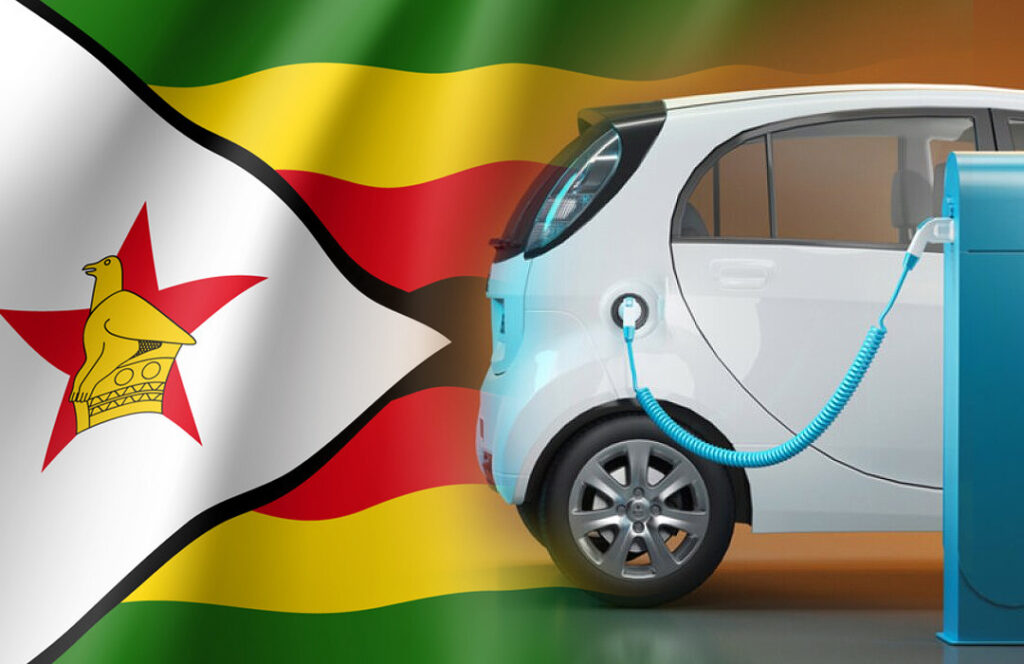The government has finally announced the new Auto Industry Development and Export Policy (AIDEP 2021-26) after approval from Federal Cabinet with some amendments made to the policy that was first unveiled in July earlier this year. The policy aims to promote small cars, enhance localization, improve safety standards, incentivize introduction of new products in tractors and motorcycles, consumer protection, and for the first time to promote new technologies including EVs and hybrids to target export markets, hence the name AIDEP.
The government has proposed a tax exemption for locally produced cars with engines up to 800cc, according to a document issued by the Ministry of Industries. It has recommended ending additional customs duty on small cars, excise duty on locally assembled cars and withholding tax on cars with engine capacity up to 800cc.
Custom duty on specific parts of the electric vehicles has been fixed at 1%. Under the policy, customs duty on the import of EVs completely built-up (CBU) was slashed from 25% to 10%; while customs duty on specific parts of electric vehicle motorcycles, 3-wheelers, and heavy commercial vehicles was set at 1%.
The auto policy also allows hybrid manufacturing in policy as sales tax has been reduced to 8.5%. According to the draft, customs duty on specific parts for hybrid EV and plug-in hybrid EV to attract 4% and 3%, respectively. The government has also decided to reduce the regulatory duty on CBU import of hybrids (15% for above 1,800cc, 0% for 1,800cc and below).
In order to uplift the safety standards, the government has decided that no vehicle shall be locally manufactured/imported after June 30, 2022 which is not compliant of shortlisted WP29 regulations. The shortlisted regulations include the mandatory inclusion of dual airbags (for driver & front passenger), compulsory ani-theft equipment (engine immobilizers), in addition to a number of other required improvements such as tires, lights, windshield glass, seat-belts and structural integrity of cabin etc.
Salient features of Auto Policy 2021-26:
- Import duty on Electric Vehicles (EVs) will be reduced from 25% to 10%
- If automaker delays the car delivery for over 60 days (2 months), it will pay KIBOR + 3%.
- To review tax exemption on imported vehicles every year.
- Car manufacturers to set a 10% export target by 2026.
- Tax incentives for export of vehicles and spare parts.
- Customs duty on spare parts for electric vehicles fixed to 1%.
- Customs duty on CBU imports of electric vehicles reduced from 25% to 10%
- 1% of customs duty will be levied on electric parts of motorcycles.
- Reduce sales tax on hybrid vehicles to 8.5%.
- Regulatory duty on the import of hybrid CBU will be reduced.
- Regulatory duty on hybrid vehicles above 1800 cc will be reduced by 15%.
- Ban on locally manufactured/imported vehicles after June 30, 2022, which are not compliant with shortlisted WP 29 regulations
Auto Sector Monitor Committee (ASMC)
The most significant aspect is the formulation of Auto Sector Monitoring Committee (ASMC). The committee which will incorporate representatives from the Engineering Development Board (EDB), Ministry of Commerce, Federal Board of Revenue (FBR), Competition Commission of Pakistan (CCP), Ministry of Science and Technology (MoST), State Bank of Pakistan (SBP), Pakistan Automotive Manufacturers Association (PAMA) and Pakistan Association of Automotive Parts & Accessories Manufacturers (PAAPAM), will be responsible for the following actions:
- Addressing consumer grievances, including delayed deliveries and ‘On Money’
- Safeguarding consumers on quality issues
- Implementation of WP-29 safety regulations
- Monitor minimum initial payment which must not exceed 20% of the price
- In case of non-compliance with policy, the committee will have the right to stop the incentives granted to the company
According to government, the AIDEP 2021-26 has several clauses that will bolster the development of Pakistani automotive industry. Special attention is said to have been paid towards localization of vehicles, parts, protection of consumers, and incorporation of technology and safety. However only time will tell how successful & beneficent the implementation of this policy will be, for the betterment of auto consumers of Pakistan & the industry itself.

A computer animation professional with over 23 years of industry experience having served in leading organizations, TV channels & production facilities in Pakistan. An avid car enthusiast and petrolhead with an affection to deliver quality content to help shape opinions. Formerly written for PakWheels as well as major publications including Dawn. Founder of CarSpiritPK.com




